An estimated 541,000 people aged between 15 and 39 in Japan avoid social contact and shut themselves in their homes, according to a government survey released Wednesday.
The figure compares with the previous Cabinet Office survey in 2010 that found an estimated 696,000 such people — known as hikikomori — across the country. Despite the decline, the latest survey does not give an overall picture of the full extent of the phenomenon as it did not include those aged 40 or older.
But the survey does highlight a trend in which people who have withdrawn from society have done so for longer periods, as those who have shut themselves in their homes for at least seven years accounted for about 35 percent of the total.
It also showed the number of such recluses between the ages of 35 and 39 has doubled, according to the survey.
Given that 155,000 fewer people in the age group surveyed are estimated to have become reclusive than in the 2010 survey, a Cabinet Office official said government efforts to address the issue, including the establishment of regional support centers, may have had a measured impact.
The Health, Labor and Welfare Ministry defines hikikomori as people who have stayed at home for at least six months without going to school or work, or going out to interact with others.
The latest survey, only the second of its kind and conducted last December, covered 5,000 households with at least one member aged between 15 and 39.
It showed that 10.2 percent of the estimated 541,000 hikikomori became socially withdrawn between the ages of 35 and 39, double the estimate in the 2010 survey, while 34.7 percent became reclusive between 20 and 24 years old, up roughly 13 percentage points.
The most prevalent factors cited for triggering such behavior were truancy and difficulties adjusting to a working environment, the survey said, suggesting that many of those who are socially withdrawn are or were struggling with interpersonal relationships at school or work.
Those who have been withdrawn from society for at least seven years accounted for 34.7 percent of the total, followed by 28.6 percent who have shut themselves away for three to five years, and 12.2 percent who have been reclusive for five to seven years.
Japan’s population was about 127 million as of Aug. 1.
Source: Japan Times Image: Bank Image
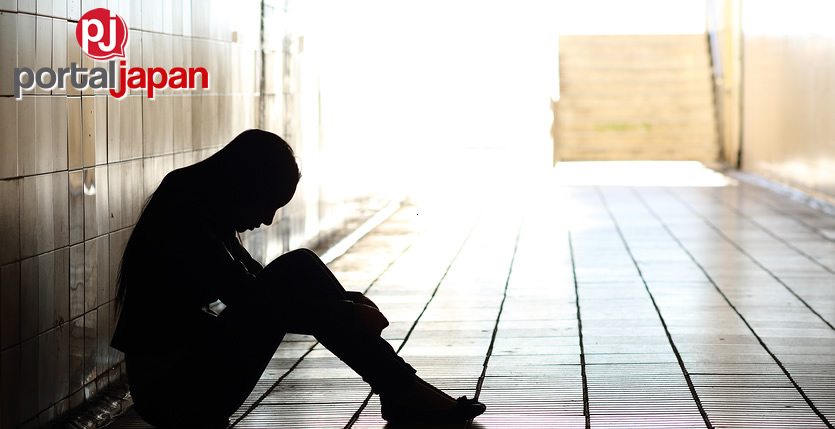

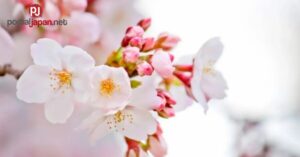

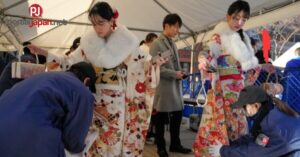
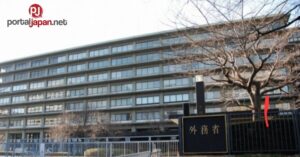

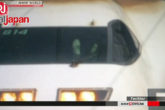
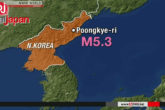








Join the Conversation